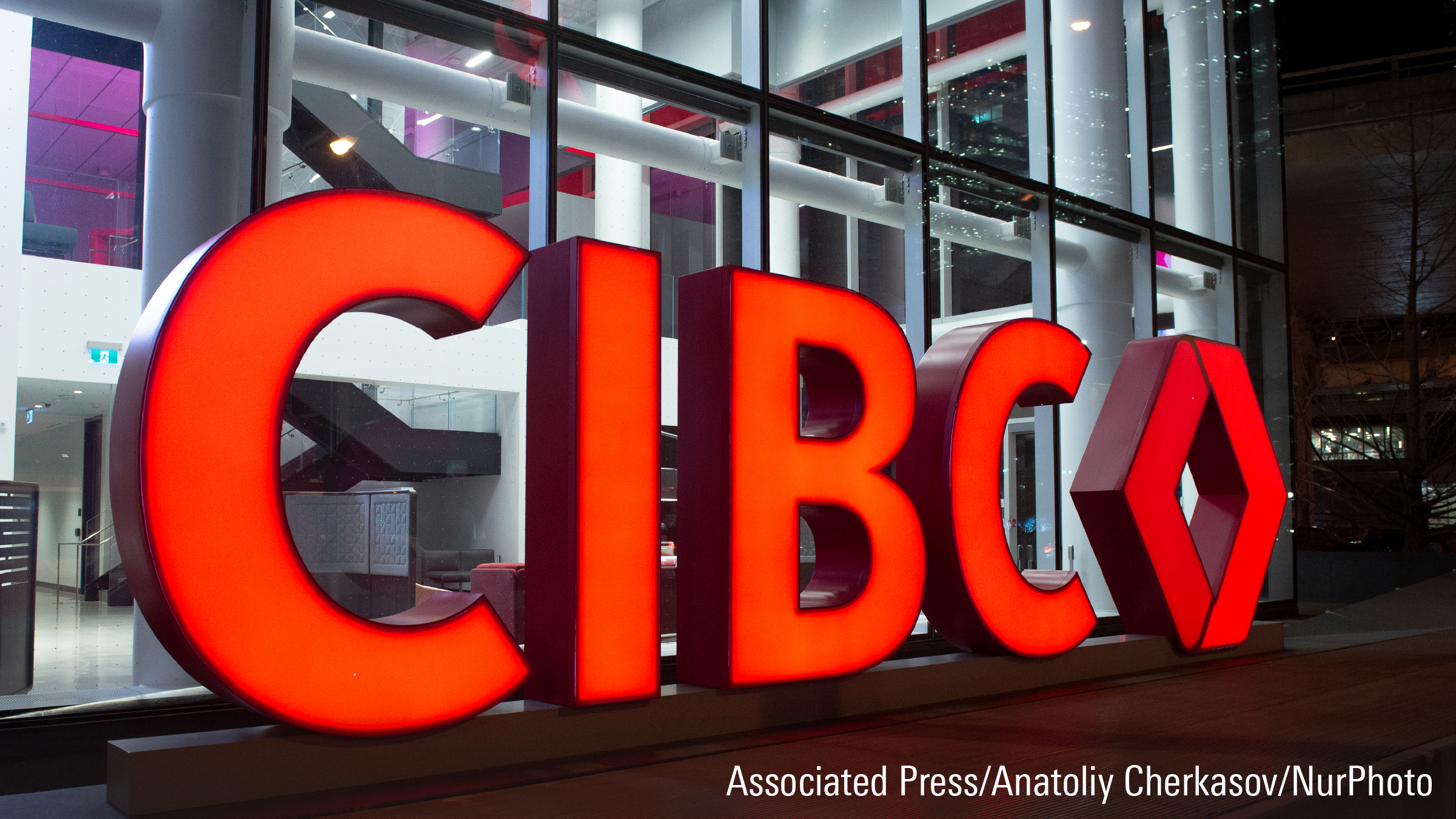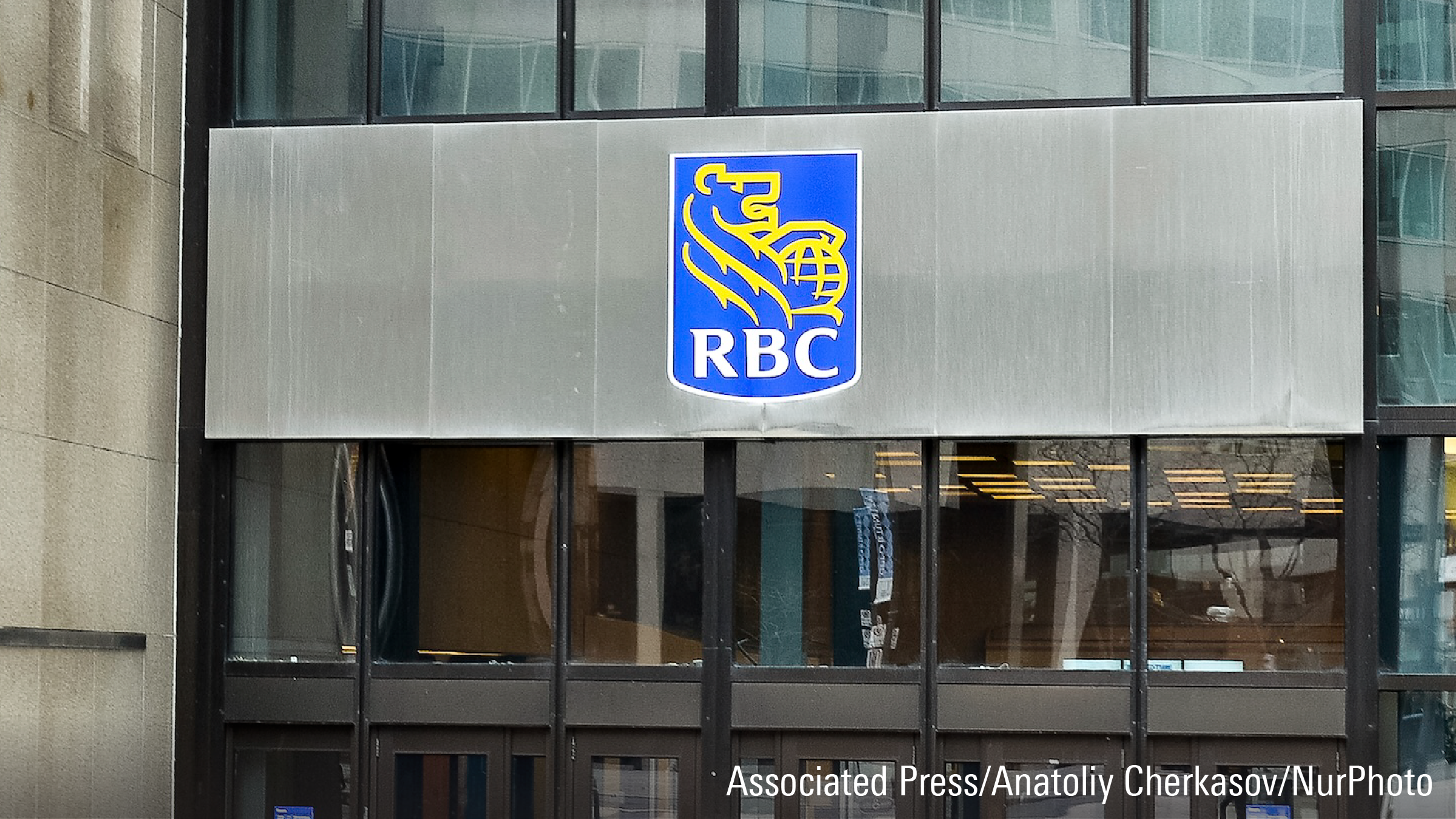Can artificial intelligence outperform a flesh-and-blood money manager? That remains to be seen, with Horizons ETFs Management (Canada) Inc. launching what it is billing as the first global equity ETF of its kind in the world. Horizons Active A.I. Global Equity, a fund of funds holding a portfolio of ETFs, made its debut on Nov. 1 on the Toronto Stock Exchange. It trades under the cleverly chosen symbol "MIND."
There's nothing new about providing one-stop shopping for investors who don't want to build or manage ETF portfolios themselves. That's the core service provided by robo-advisors and by professional ETF strategists. Nor is there anything novel about actively managed ETFs that rely on quantitative methodologies and computer programs. such as those based on strategic-beta indexes.
What is different about this innovative Horizons ETF is the extent to which securities selection will be left to the discretion of sophisticated software. The artificial brain behind this ETF not only factors in a host of metrics but also makes decisions as to how to apply them.
As the prospectus states in bold-face type: "It is important to emphasize that Horizons MIND's investment strategy will be entirely run by an adaptive artificial intelligence system." The AI system is designed to recognize patterns and "teach" itself how to make better decisions. The system's strategy evolves over time as it processes massive amounts of new data.
The AI process behind the self-driving Horizons ETF was developed in South Korea, the home of Mirae Asset Financial Group, which is the parent company of Horizons. The main Mirae subsidiary is Mirae Asset Global Investments Co. Ltd., which is the sub-advisor to the new Horizons ETF.
Mirae Global Asset didn't create the AI process by itself. It hired a developer, South Korean-based Qraft Technologies Inc., which is a provider of AI intelligence investment systems. Qcraft has already developed so-called "deep neural-network systems" for several open-ended investment funds based in South Korea and managed by Mirae. They consist of diversified long-short, southeast Asian and Korean equity mandates, all of which are less than a year old.
As part of its development work for the AI system that will drive the Horizons ETF, Qraft conducted back-testing with 10 years of historical data. But the strategy's real-world experience starts this month, with Canadian investors as the test market.
For the Horizons ETF, Qraft designed an A.I. system that will generate a target portfolio of ETFs that will be rebalanced monthly. Mirae Asset will provide the rebalancing instructions to Horizons, which will execute the necessary trades.
In evaluating investments, the AI system will monitor more than 50 metrics. The primary inputs include fundamental and technical factors, historical returns and volatility, risk-adjusted returns, and correlation.
Top-down in nature, the AI strategy is designed to overweight ETFs invested in regions, countries and indices that are expected to outperform, and underweight or avoid those that are expected to lag. The underlying holdings, except for four TSX-listed Horizons ETFs, are all listed on U.S. exchanges.
According to Horizons, the only human inputs into this system are the investment constraints within which the strategy must operate. The AI system must make its selections from a list of 32 ETFs chosen by Mirae and Horizons. It must always select at least five ETFs, but never more than 20.
Geographic constraints have been imposed to ensure sufficient diversification. At least 30% but no more than 65% of the portfolio must be held in a combination of Canadian and U.S. equities.
Since the maximum U.S. exposure is also 65%, the North American content could be held entirely in the U.S. Alternatively, the U.S. weighting could be as low as zero, which in turn would mean the Canada weighting could be as much as 30%. The sole eligible Canadian Equity ETF is the U.S.-dollar-denominated version of Horizons S&P/TSX 60 Index (HXT.U).
As for overseas equities, Horizons Active A.I. Global Equity must hold at least 10% of its portfolio in Europe, but no more than 35%. For the developed Asia-Pacific equity markets, including Japan, the weighting will range between 5% and 20%.
For emerging markets, there is no minimum required weighting, and the maximum is set at 15%. For any country ETF excluding the U.S., the maximum exposure is 20%. Up to 30% of the portfolio may be allocated to cash and cash equivalents.
Yet another risk constraint is the portfolio's target risk budget. It has been restricted to be equal to or less than 18%, as measured by the standard deviation of monthly returns over 12 months.
To manage currency risk, the ETF may employ derivatives to hedge all or a portion of the foreign currency exposure back to the Canadian dollar. Though the Horizons ETF is priced in Canadian dollars on the TSX, the underlying holdings are denominated in U.S. dollars, and the non-U.S. ETFs also have exposure to other foreign currencies.
Generally speaking, active management costs more than passive management, and actively managed ETFs -- especially those that have automated investment processes -- charge less than traditional active mutual funds that rely on one or more portfolio managers.
This relationship holds true for the new Horizons ETF. Its management fee is 0.55%, not including fund expenses, which sounds fairly modest. Importantly, investors should realize that this fee does not include the fees charged by the underlying ETFs. None of these fees will be rebated by Horizons, even for the several Horizons ETFs that may be among the holdings.
The overall cost of ownership to the investor of holding Horizons Active A.I. Global Equity will depend on its asset mix. According to an estimate provided by Horizons to Morningstar, the all-in cost of holding the new ETF is probably 0.70% to 0.85%. That's at the high end of the range of what strategic-beta index ETFs are charging in Canada.
Another point of comparison is that the cost of ownership for the Horizons ETF will be higher by half a percentage point or more than that of the Global Equity category's lowest-cost ETF, iShares Core MSCI All Country World ex Canada Index (XAW). This passively managed ETF's management-expense ratio is 0.22%.
The fees charged by the Horizons ETF ought not to deter those who are amenable to an active, artificial-intelligence approach to global equity investing. Still, a human leap of faith is required to embrace a cyber-manager that has yet to prove itself in the real world.















